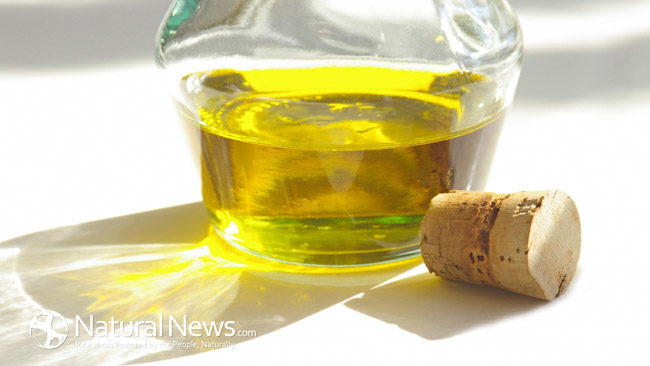What Is Canola Oil?
Canola oil is retrieved from the crushed seeds of the Canola plant, which is a part of the Brassica family. Vegetables like cabbage, cauliflower and broccoli are also part of the same family of plants. Canola plants grow between three to six feet, producing fragrant, pretty, bright yellow flowers. Seeds from mature Canola plants are crushed to extract the oil which is then refined, bottled and sold as oil for external use as well as consumption.
Is Canola Oil Good For Health?
The oil from the Canola plant is extremely beneficial for health as it contains the least amount of saturated fat and no trans-fat or cholesterol, making it the healthiest cooking oil among its peers. Canola oil is rich in monounsaturated fat, reducing the risk of coronary disease and a rich source of omega-6 fatty acid, essential for growth and development of the brain in individuals. It is also a rich source of omega-3 fatty acid that protects the body against strokes and heart attacks. Clinical trials and studies reveal that consuming Canola oil instead of other cooking oils impacts the body favourably and offer the individual significant health improvements and increased metabolism.
Physical characteristics of canola oil
Canola oil is light yellow and has a neutral taste. In general, canola seeds are pressed either by traditional cold-pressing method or in large scale, by hexane extraction method. Cold-pressed oil has its color, taste, and odor that are much more pronounced than those of refined oils are. Its specific gravity @ 25 °C is 0.916-0.921. Iodine value-110–120; and saponification values-188-198.
Canola oil nutrition facts
Canola oil is rich in energy; 100 g of oil provides 884 calories. However, its high ratio of mono-unsaturated fatty acids to saturated fatty acids makes it one of the healthy oil for consumption.
It is one of the cooking oils with a high smoke point; 450 °F. This property can be employed in setting oil temperature while deep-frying food items. Canola oil has very good lipid profile. It has saturated, monounsaturated and polyunsaturated (SFA: MUFA: PUFA= 8: 61: 31) fats in healthy proportions. Cold-pressed oil is one of the stable cooking oil that has a very long shelf life.
High In Good Fats
Fats are made up of smaller units called fatty acids. Canola oil is rich in two fatty acids that are essential in your diet because your body can’t make them:
- Alpha-linolenic acid (ALA) is an essential omega-3 fatty acid. It protects against heart attacks and strokes by helping to lower bad cholesterol.
- Linoleic acid (LA) is an essential omega-6 fatty acid. It’s important for the brain and for the growth and development of infants.
The ratio of omega-6 to omega-3 in canola oil is 2:1, which is nutritionally ideal. Both of these fatty acids are polyunsaturated.
Canola oil also contains very high levels of heart-healthy monounsaturated fatty acids, which lower bad cholesterol (LDL) and help control blood glucose.
No cholesterol
Canola is free of cholesterol – a soft, waxy substance present in all parts of your body. Too much LDL or “bad” cholesterol can clog arteries and increase risk of heart attack and stroke.
Source Of Vitamin E
One serving of canola oil each day will deliver about a quarter of all the vitamin E you need. Vitamin E is an antioxidant that protects your body’s fats and proteins from free radical damage. It may also help reduce the risk of heart disease, cancer and memory loss.
Canola oil is high in calories
However, its high-calorie content comes from better fats. It is especially rich in mono-unsaturated fatty acids (MUFA) like oleic acid (18:1) which constitutes about 61% of total fats that help to lower LDL or “bad cholesterol” and increase HDL or “good cholesterol” in the blood. Research studies suggest that Mediterranean diet that is very rich in monounsaturated fatty acids help to prevent coronary artery disease and strokes by favoring healthy blood lipid profile.
It has highest levels of plant sterols, especially β-sitosterol and campesterols
The FDA has approved the following claim for phytosterols: “Foods containing at least 0.4 gram per serving of plant sterols, eaten twice a day with meals for a daily total intake of at least 0.8 gram, as part of a diet low in saturated fat and cholesterol, may reduce the risk of heart disease.” Phyto-sterols competitively inhibit cholesterol absorption in the gut and thereby can reduce cholesterol levels by 10% to 15%.
Reference:
nutrition-and-you.com, canolacouncil.org, stylecraze.com





